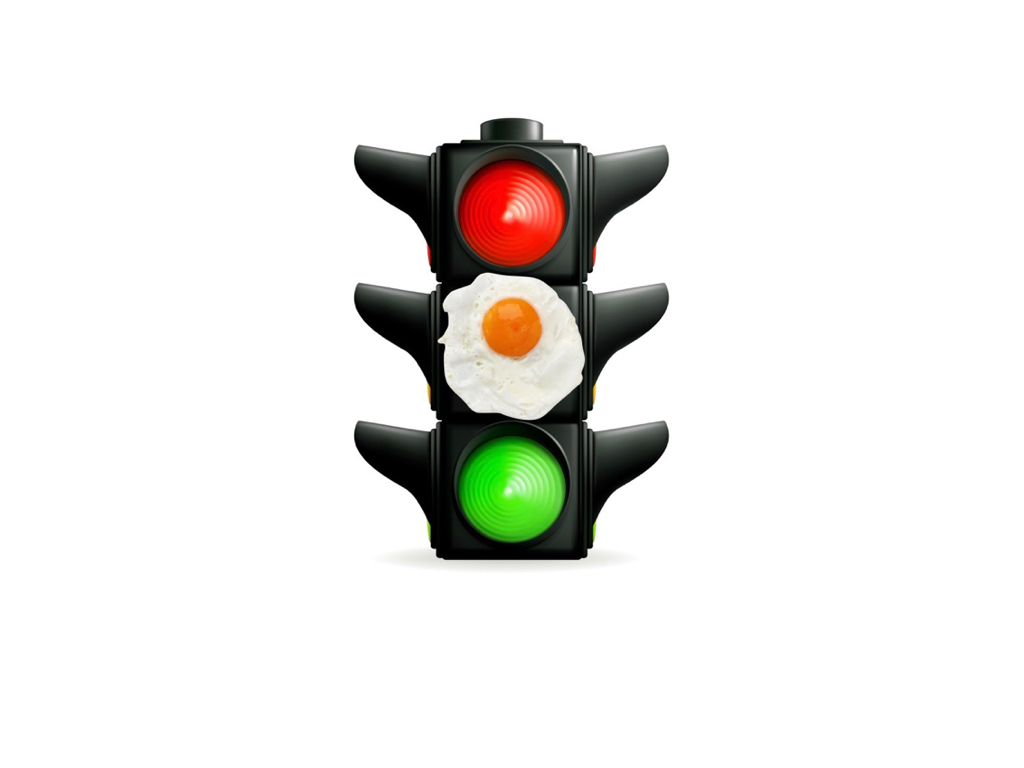It has become a recent fad among my college friends to go gluten free in order to lose weight or de-bloat.
This fad diet has been endorsed by many Hollywood celebrities such as Kourtney Kardashian, and Miley Cyrus. Because of the pull that Hollywood seems to have on my friends, they believe that this diet will actually work.
However, the results haven’t been as pleasing as my friends would have hoped for. They are still wearing the same jean size, and the scale doesn’t seem to be changing either. Gluten-free products line the aisles at grocery stores, and magazines are full of testimonials that claim going gluten-free will change your life and your body.
When Is Gluten a Problem?
For those with celiac disease, a hereditary autoimmune disorder that causes damage to the small intestine when gluten is eaten, going gluten-free is essential. It is also helpful for individuals who are gluten-intolerant, meaning they can consume gluten but experience uncomfortable side effects such as bloating, gas, and diarrhea without the more harmful side effects that people with celiac disease experience.
As many young adults venture into the fad of going gluten-free, many believe they are actually gluten intolerant. However, a study published in the journal Digestion found that 86 percent of individuals who believed they were gluten-sensitive could indeed tolerate it.
What the magazines, celebrities, and grocery stores fail to tell my friends is that, unless you have a specific intolerance to gluten or have celiac disease, going gluten-free may cause more harm than good.
When Gluten is Removed, What’s Added in Its Place?
Gluten is a protein found in wheat, rye, and barley. Everyone would do well to give up the many processed junk foods that contain these ingredients. But removing gluten from all foods often means replacing it with another ingredient—often something not particularly healthy.
According to Marina Chaparro, a registered dietitian and spokesperson for the Academy of Nutrition and Dietetics, “many gluten free products are higher in calories, fat, sodium, and sugar because they need to enhance the flavor and texture to make up for the lack of gluten.” For example, gluten-free bread is not only higher in calories, but also has a higher sugar content. Therefore, eating gluten-free bread may lead to weight gain rather than the weight loss my friends are looking for.
Removing gluten can be complicated, as many unexpected products such as lip balm and toothpaste contain gluten. Medications can be especially tricky. Excipients, or ingredients formulated alongside the active ingredients in medication, may contain gluten. Since it is not legally required for drug companies to state the source of the excipients used, it is often difficult to determine whether medication contains any unwanted ingredients, such as gluten.
In conclusion, if you believe you might be gluten-intolerant or have celiac disease, it seems like a good idea to speak with your physician before removing gluten from your diet. For all others, be aware of the added sugar, calories, and potential for more health problems with certain gluten-free foods.
Here’s the bonus:
Some of the healthiest foods you can eat come naturally gluten-free, including all vegetables and fruit. So loading up on these naturally gluten-free foods seems like a good idea for everyone.
Danielle Weiser is a graduate of the University of Illinois and a former intern of the Gaples Institute.
Interested in eating better for your own health?
Learn the essentials of good nutrition in our interactive, user-friendly nutrition learning program for the public.
Clinicians: Do you feel confident responding to patient questions about nutrition?
Take our award-winning condensed interactive nutrition CME—and learn what every clinician should know about nutrition.



